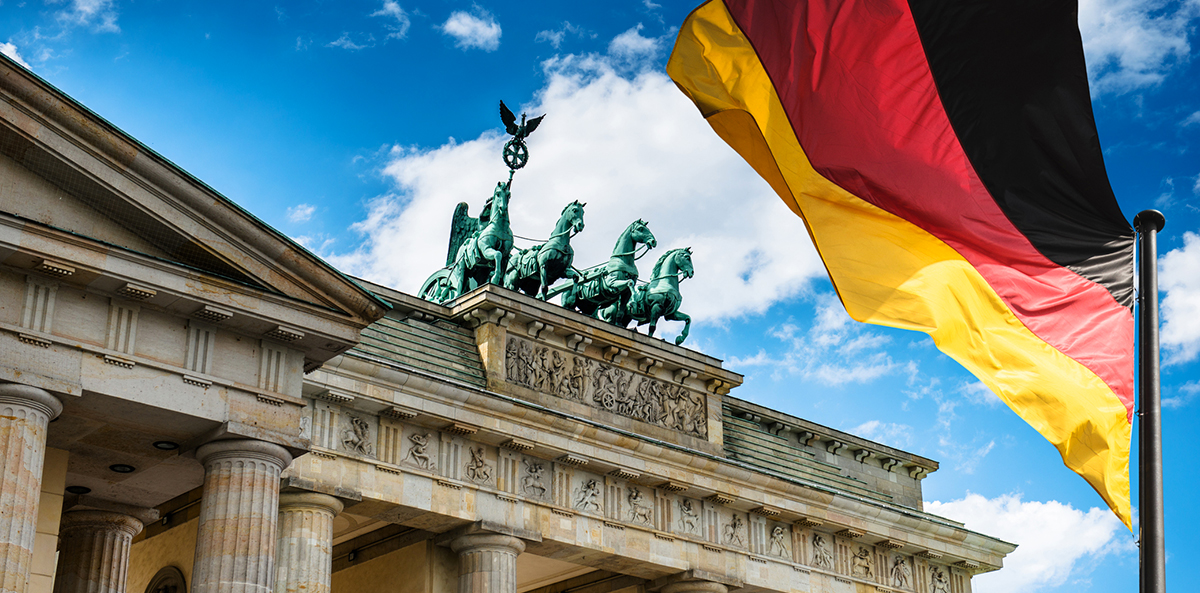Prysmian’s resiliency helps it cope with virus impact

Prysmian Group’s supply chain is proving highly responsive, and management can harness the strong differentiation of the markets and business sectors in which it operates, Battista pointed out.
“Important growth drivers like the energy transition are still in place, and securing contracts for over €1 billion to build the new ‘energy corridors’ in Germany confirms our position as an industry leader, as already shown with the completion of the France-Spain, Italy-France, and Germany-Belgium power connections,” he said.

“We are convinced that in the medium term the optical cables business will also benefit from digitalisation and broadband development projects, the need for which is felt by all. It will be a difficult year for everyone, but the measures taken to protect our people and business, and the solidity of our operating results and financial structure, allow us to look towards the future with the necessary serenity”

Valerio Battista
Prysmian Group Chief Executive Officer
Three priorities during virus emergency
Moving quickly to leverage the experience gained in China in January and February, the Group implemented a plan of extraordinary measures designed to mitigate the effects of the Covid-19 pandemic. It set up a Crisis Committee comprised of top management reporting to the CEO at the global level, along with representatives of the most affected functions, which identified three priority areas: safeguarding the health of employees and individuals; ensuring the continuity of operations and the supply chain; and protecting profitability and cash flows.
Prysmian adopted measures including strict health and hygiene standards in all settings; massive use of remote-working, facilitated by the IT and digital infrastructure, which is proving extremely capable and solid; and daily monitoring of the basket of strategic suppliers and further enhancement of customer support.
In order to protect profitability levels, the Group has launched a plan to contain fixed costs, including the reduction or rescheduling of non-essential investments in the short term, an increasingly careful management of working capital, and actions such as a freeze on hiring and salary adjustments -- but without trimming the workforce.
The Group can draw on the strong geographical differentiation of its operations, with 106 plants worldwide, as well as of the markets in which it operates. Since the start of the pandemic, plant closures mostly affected Italy and Spain, while operations in the rest of Europe, the United States and Asia, including China, were mostly regular. This geographic diversity creates resilience because the group can continue to produce customer orders.
New orders have continued to flow in during the emergency, except for the low-tension cables segment mostly used in construction (a sector that has largely come to a halt) and the automotive cables sector. Positive signs are coming from the telecoms business, which had seen a slowdown in the second half of 2019 and is now showing signs of increased demand that could make it a recovery driver.
€1 billion in new orders from Germany
Europe’s energy transition is moving forward despite the virus. In early May, Prysmian announced it will take part in one of Europe’s biggest sustainable energy projects: a first-of-its kind underground cable link in Germany bringing the power from offshore windfarms in the North Sea to factories and homes in its south. The Group was awarded contracts worth €1 billion to design, manufacture, supply, lay, joint, test and commission cables for the A-Nord (300 kms) and the SuedOstLink (250 kms) energy “corridors.”
“This prestigious award confirms our ambition to play a strategic role in the shift towards a low-carbon economy and to drive the energy transition forwards with smarter, more reliable and more sustainable solutions,” says Battista. “It confirms our position as an industry leader.”

First quarter results show resiliency
First-quarter sales fell 5.4% to €2.587 billion, and EBITDA was €197 million (compared to €231 million for Q1 2019). EBITDA was 7.6% of sales, down from 8.3% during the first quarter of 2019.
“It will be a difficult year for everyone, but the measures taken to protect our people and business and the solidity of our operating results and financial structure allow us to look towards the future with the necessary serenity,” said Battista.
To cope with the slowdown, the group has cut its dividend by 50% to €0.25 and suspended a share buyback, and is re-working its €250 million 2020 investment plan to focus on essential priorities. It will update 2020 financial guidance as soon as market conditions permit.

Full support from shareholders
The new management incentive plan is more important than ever this year because it includes sustainability targets for the first time. Starting in 2020, Prysmian managers who are eligible to receive part of their compensation in company shares will be awarded this bonus if they meet four specific new Environmental, Social and Governance (ESG) targets -- CO2 reduction, waste reduction, and gender diversity and employee engagement -- in addition to the previous targets of cash flow, total shareholder return and EBITDA.
“The new incentive plan is another sign of our focus on creating sustainable value over time,” says Battista.







